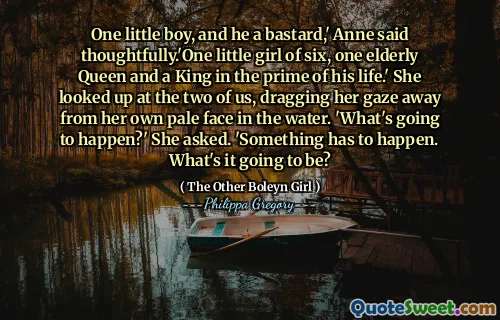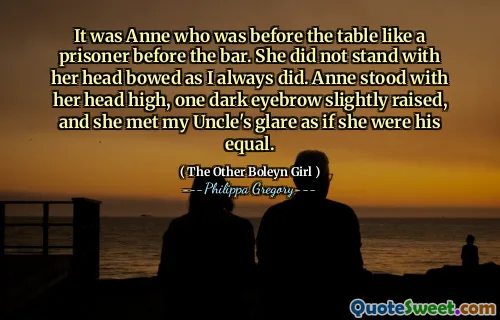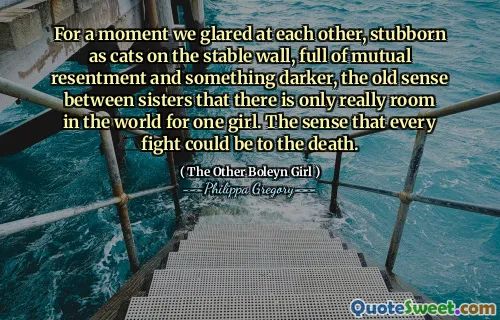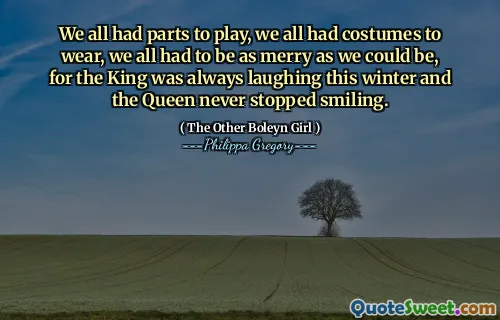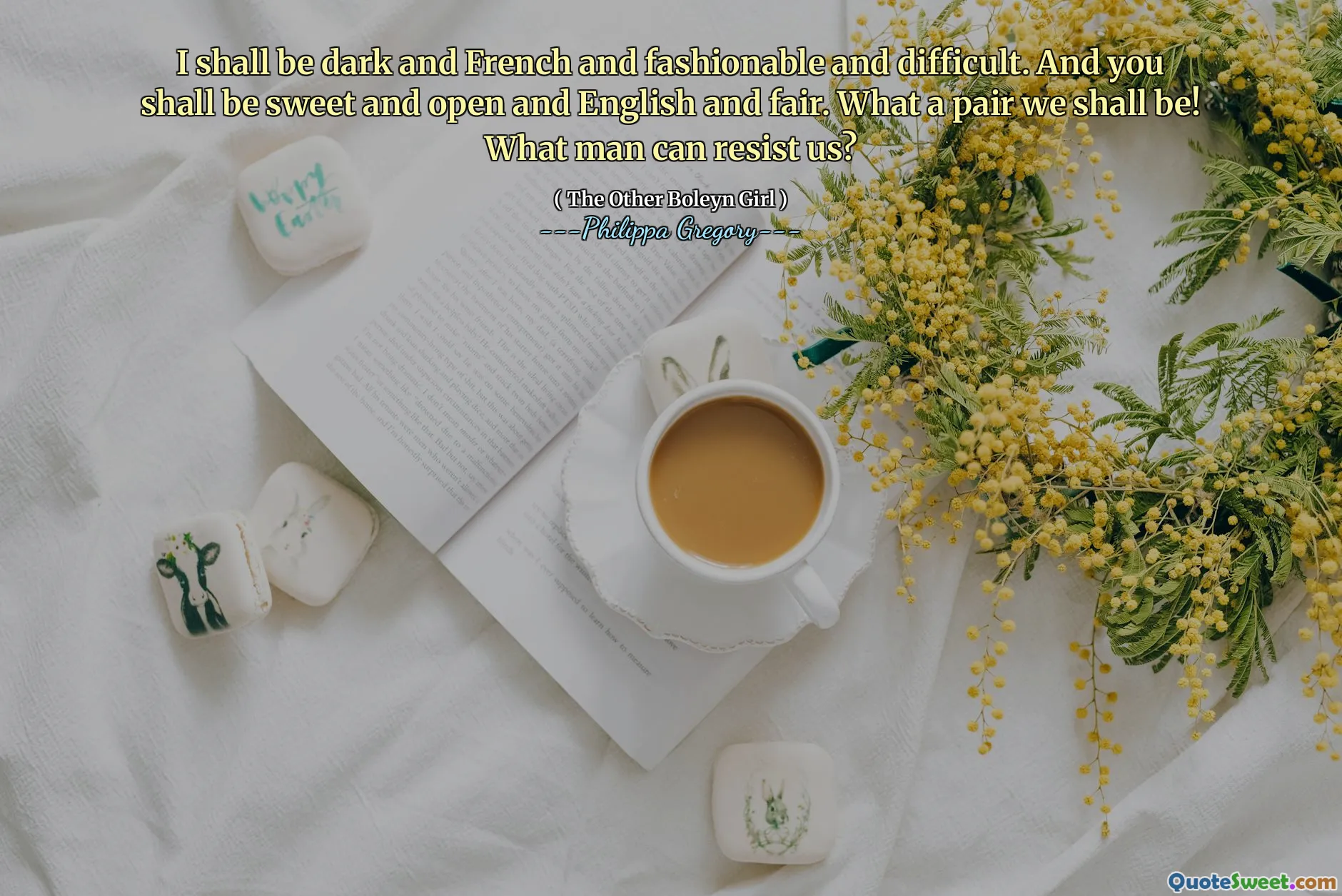
I shall be dark and French and fashionable and difficult. And you shall be sweet and open and English and fair. What a pair we shall be! What man can resist us?
This quote captures a vivid contrast and complementary dynamic between two individuals, perhaps sisters or close companions, who consciously embrace distinct identities yet unite in their shared purpose or influence. The speaker’s self-description as "dark and French and fashionable and difficult" suggests a proud acceptance of a complex, perhaps alluring persona marked by sophistication and a touch of challenge. In contrast, the other is characterized as "sweet and open and English and fair," evoking an image of innocence, warmth, and traditional virtue. Both identities are not presented as rivals but as harmonious contrasts—two halves of a compelling whole whose qualities together become irresistible. The playful yet confident rhetorical question at the end, "What man can resist us?" hints at the power these differing qualities might wield, particularly in the social or romantic spheres. The quote may also be reflecting on cultural stereotypes—the perceived differences between French and English demeanor—and how these can be embraced strategically or affectionately to create a powerful effect. It suggests an awareness of identity as partly performative and an expression of individual strength through that performance. From a broader perspective, the quote resonates with themes of duality, unity in diversity, and the nuanced interplay between personality traits and cultural background. It feels both historically grounded and timeless, capturing the complexity in relationships and the charm found in complementary contrasts. Overall, this quote invites reflection on how we adopt roles and characteristics that play off one another, becoming greater than the sum of their parts.


